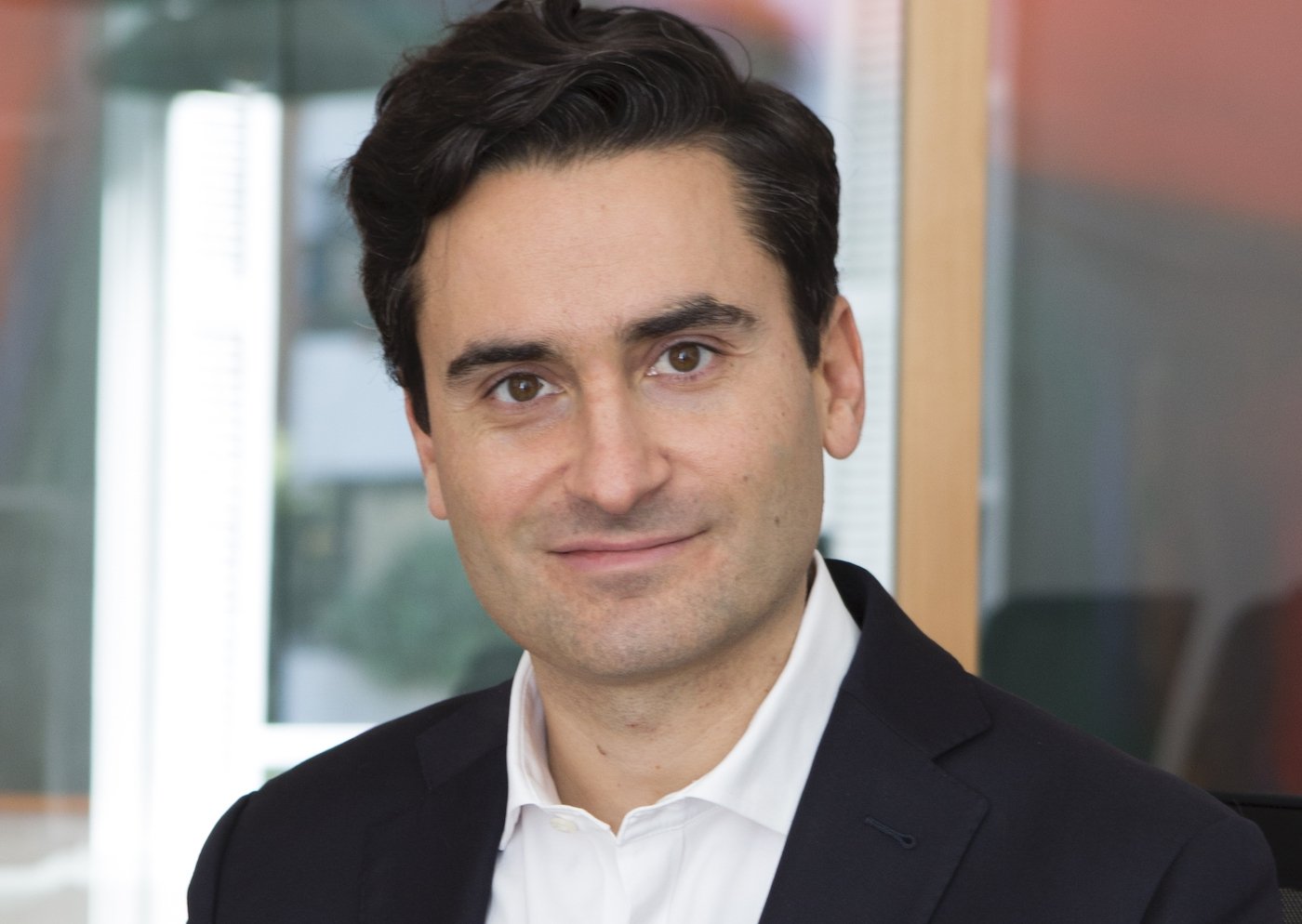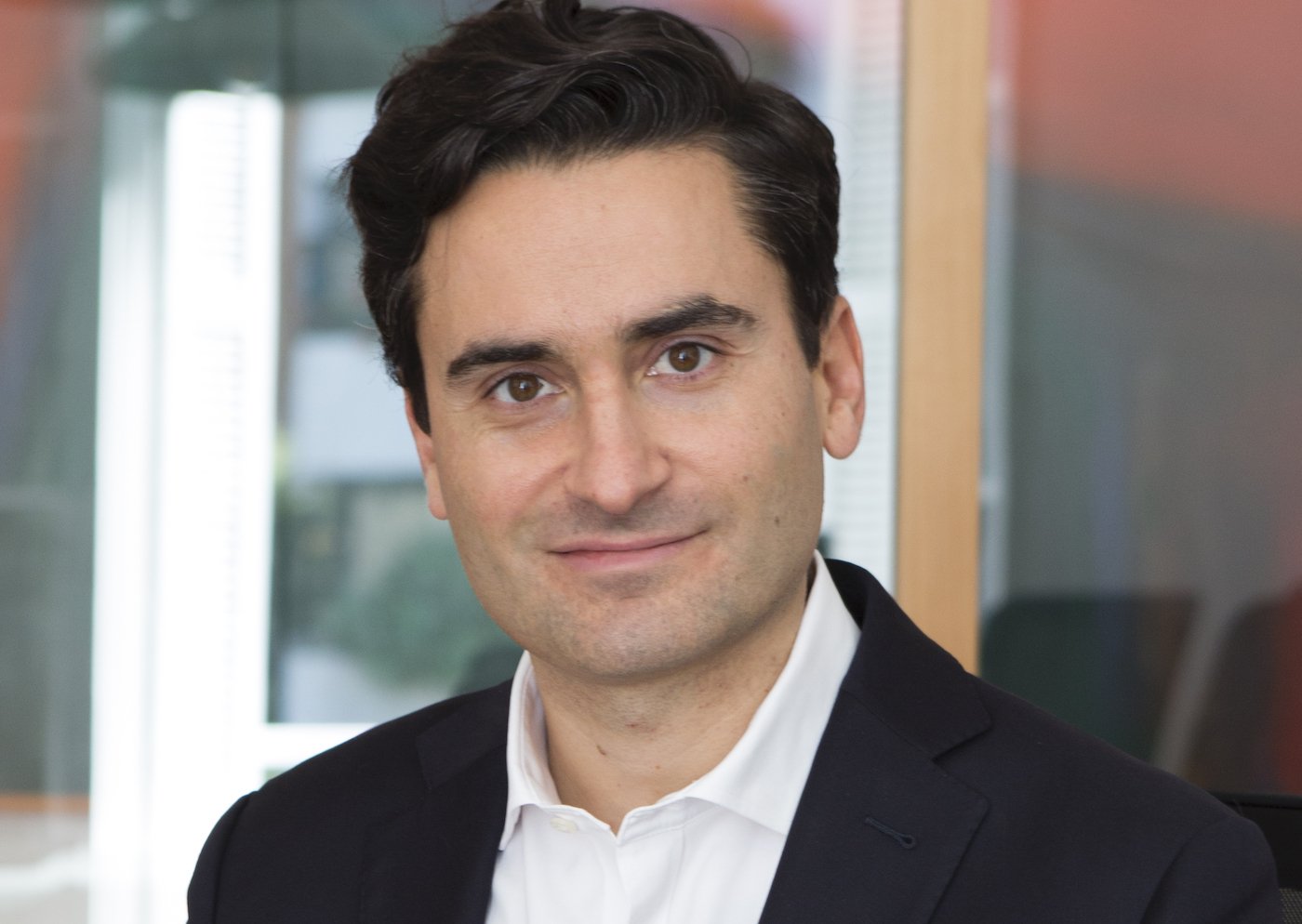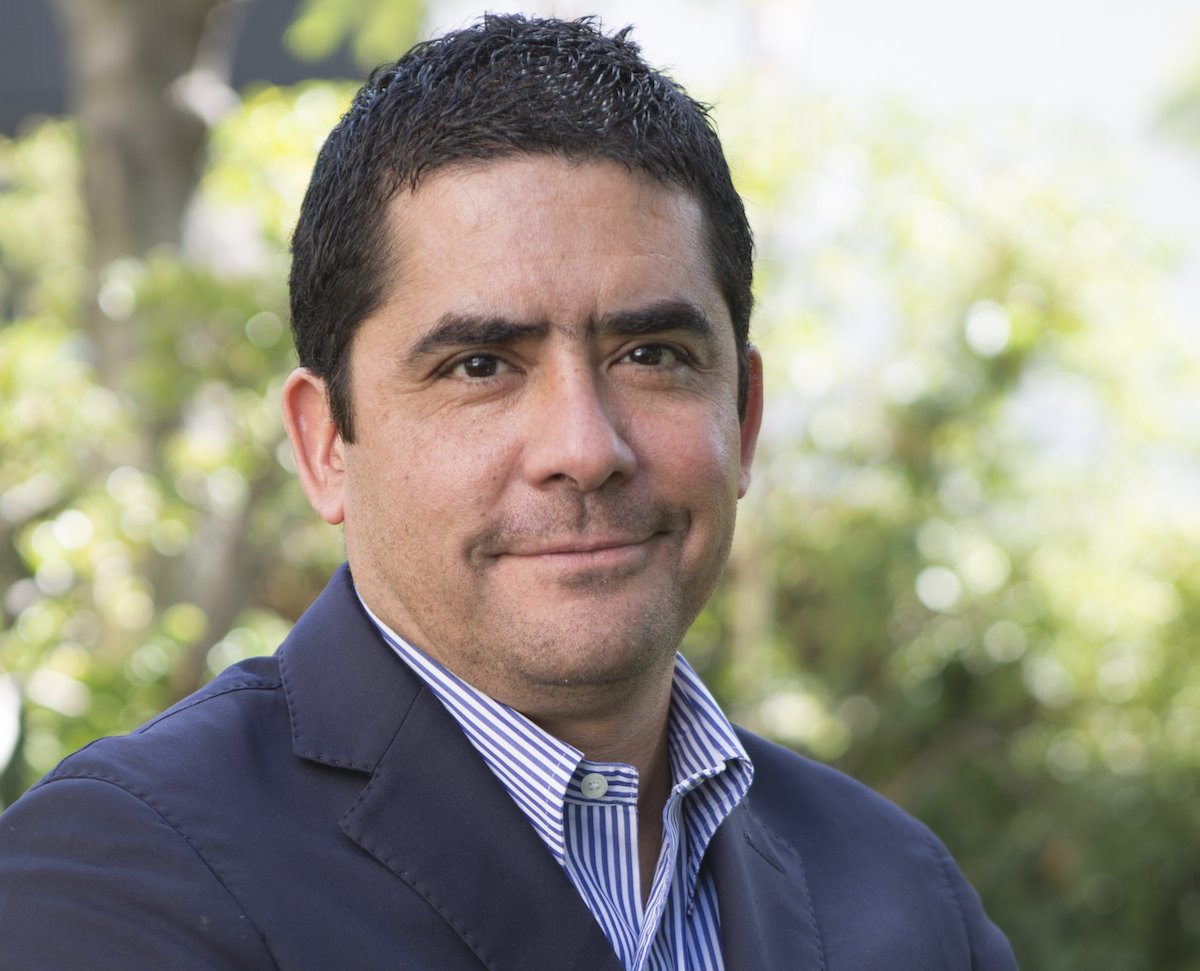Playing by different rules

Chilean law firm Lawgic Abogados launched earlier this year, founded by a team of partners with ample experience in environmental laws, natural resources, mining and water.
 Having carried out market research and identified the needs of their potential clients, Lawgic‘s launch came at a complicated time for Chile. Anti-government protests broke out late last year, which decried rising living costs, and which were violently repressed by security forces. And then came the COVID-19 pandemic.
Having carried out market research and identified the needs of their potential clients, Lawgic‘s launch came at a complicated time for Chile. Anti-government protests broke out late last year, which decried rising living costs, and which were violently repressed by security forces. And then came the COVID-19 pandemic.
“Chileans went out onto the streets of the capital to protest a rise in subway fares, and which resulted in violence,” one of the firm’s founding partners, Felipe Meneses (pictured, bottom left), and who is a former director of law firm Carey’s environmental practice, says.
“The fare hike was small, but for a time the political situation had been at boiling point, then on October 18 the people were in the streets burning everything, the conflict died down a little, and then the coronavirus hit us,” he says. “It’s been fortunate for President Sebastián Piñera,” Felipe adds, in the sense that the ensuing lockdown served to quell the protests.
“But we don’t know what’s going to happen next.”
“Now comes the second half of the film,” founding partner Sebastián del Campo (pictured, top) says.
“I think we’ll have a time of political and social instability in Chile.” The country is now facing a series of economic challenges, as the copper industry struggles to overcome a drop in the price of the metal due to over-supply, and political uncertainty.
Piñera’s government had pledged to hold a referendum in April on a new constitution, one of the protesters’ demands, but that has now been postponed until October as a result of the pandemic, and the government hinted in April that the referendum may have to be delayed again.
“We’ll see a global economic crisis, and not only in Chile, and people will have to rethink their priorities, so it may be that people don’t go out and protest if they have nothing in their pockets, as their priorities will be different,” Felipe says.
 Chile began to reopen its economy on May 1, with some shopping malls reopening, a move strongly criticized by the health ministry and several trade unions, one describing the decision as “criminally irresponsible”.
Chile began to reopen its economy on May 1, with some shopping malls reopening, a move strongly criticized by the health ministry and several trade unions, one describing the decision as “criminally irresponsible”.
The government had planned to introduce ‘virus-free’ certificates to issue to citizens who have recovered from Covid-19, but which was criticised after the World Health Organization affirmed that recovery from the virus does not guarantee future immunity to it.
Health minister Jaime Mañalich announced on May 10 that the plan would be suspended, given that non-carriers of the certificate could suffer discrimination. The gradual reopening of Chile’s economy has resulted in a resurgence of cases of COVID-19 however, and Santiago came under obligatory lockdown in early May in a move to contain the continued spread of the virus.
‘A SOPHISTICATED MARKET’
“In the case of Chile, the market is small, with just 17 million people, but it’s also a very sophisticated market in the context of Latin America, with high per capita income levels, and the economy has been flourishing since the 1990s,” Felipe says. “And the Chilean legal market is sophisticated and competitive, as a country of natural resources with large amounts of foreign investment, and we are accustomed to working across jurisdictions.” “We spent a long time at Carey, and where we became very specialised in water laws and natural resources, and we have brought that experience to Lawgic,” he says.
“We wanted to differentiate ourselves from the big firms and do something different, and play by different rules,” Sebastián says.
That difference comes down to offering a different and innovative approach in the legal market, rising to the challenge of adapting to the new challenges brought by the accelerating changes taking place both in Chile and globally, he says.
“We feel that there was a reluctance among some clients to continue with the rigid rules of the larger law firms, and we thought it was the moment to create a firm with a lighter structure, without the numerous lawyers and marble staircases,” Sebastián says.
“We wanted to offer a top-quality service, providing efficient solutions, with flexible fees, involving ourselves in our clients’ businesses and sharing risks. We come from the traditionally structured law firms and we wanted to turn around the way that our clients are served,” Sebastián says.
TAKING CHARGE OF CHANGE
The ways of offering legal services are changing drastically and Lawgic’s team is determined to take charge of that change, Sebastián adds. “Change has become the general rule. Fee flexibility, the incorporation of new technology, specialization and involvement in the business are concepts that will become a part of legal services,” he says. Law firms with lighter structures will be the ones best placed to adapt and be pioneers in the future, the firm’s partner Felipe says.
“Our practice, water, environment, natural resources, are in a sense new practices, and there are few lawyers with experience in those areas,” Felips says. “If you want a law firm that specialises in those areas they can be hard to find. Clients often look for the lawyer, not necessarily the firm.”
And despite the difficult context, with social upheaval followed by the COVID-19 pandemic, the firm’s first months have been successful and smooth.
“We seem to have been in a period of normality from the beginning,” Felipe says.
“Our fee flexibility also makes us attractive to clients, and we feel that it has been the right decision, clients want the best service at the best price, and they want flexibility,” Sebastián says.
He says that flexibility lies in offering various options to clients.
“Our market research revealed that clients do not like to pay by the hour, they prefer a fixed rate, or a retainer, and we can adapt to the clients’ needs, the important thing is that they are contented and trust us,” he says. “We don’t mind which payment method we use. The thing is for the client to be happy and for us to get on with our work.”
The firm’s team of partners also includes Andrés Verdugo, a former legal counsel to mining companies, and Cristián Franz, who has experience as an environmental prosecutor, and both of whom hold the position of senior counsel.
“Cristián is a former environmental superintendent, and we have a very strong environmental practice, while Agustín and I are specialists in water, and there has been a lot of work in both areas, Sebastián says.
“There are few law firms in Chile that specialise in water laws.”
“They are a very important backbone for us, and it’s always good to work with people who have more experience than oneself,” Sebastián says.
The team also comprises a Vancouverbased lawyer to assist in the firm’s relationships with Canadian mining companies active in Chile. Lawgic’s other founding partner is Agustín Walker.
The firm’s work is varied, from legal advice regarding the country’s regulatory framework relating to water and the environment, to the legal aspects of large-scale projects in the energy, mining and natural resources sectors, Sebastián says. But the country will face challenging times post-pandemic, Sebastián adds.
“There will be a significant economic slump and we’ll probably see stagnation over the next couple of years, but there are many projects already under way, and which will no doubt continue,” he says. “But people will want to continue developing projects and I think the country has a competitive advantage,” Felipe says.















